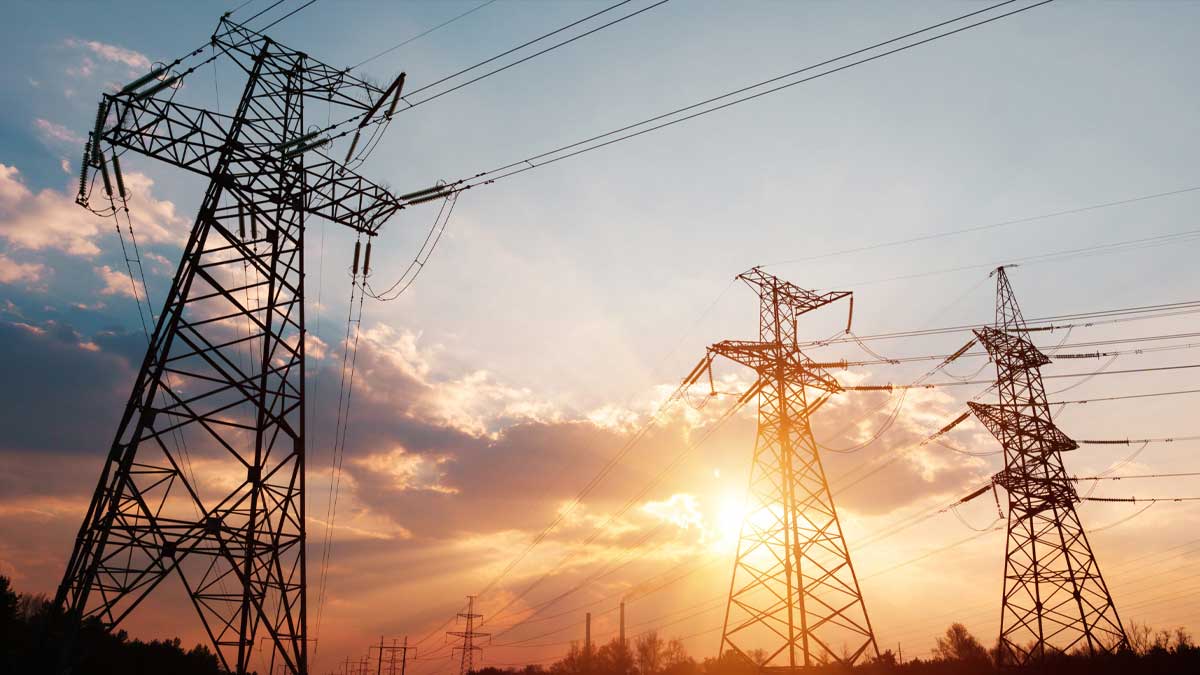Pakistan has been approved a $195 million loans by The World Bank’s Board of Executive Directors with the aim to increase electricity distribution and devise energy sector developments to improve service quality for customers.
“The Electricity Distribution Efficiency Improvement Project (EDEIP) will help distribution companies improve operations to manage the electricity supply more efficiently and increase the reliability of the electrical grid. It focuses on cost-saving interventions to increase revenue collection and reduce losses, and on modernizing operations by employing technology and information systems. The project will also invest in climate-resilient infrastructure, particularly grid stations and transmission lines, which are critical to distribution and utility services,” the World Bank said in a statement on Saturday.
Read more: World Bank grants $130 million for primary education in Sindh
Moreover, Najy Benhassine, World Bank Country Director for Pakistan said, “The long-term financial viability of the power sector depends on improving the efficiency of electricity distribution companies that deliver electricity to consumers,” adding “These efforts will improve the operational and financial performance of select distribution companies to improve their bankability and ultimately generate more private sector participation.”
Meanwhile, Mohammad Saqib Task Team Leader for the project stated, “The project will focus on strengthening operations and governance of Hyderabad Electric Supply Company, Multan Electric Power Company, and Peshawar Electric Supply Company.”
He maintained, “With the leadership of the Ministry of Energy, this project will bolster market-sector reforms, reduce transmission and distribution losses, and improve the sector’s financial performance.”
The EDEIP accompaniments continuing power sector upkeep from the World Bank, comprising of renewable energy generation, transmission network, in addition to reforms via the Pakistan Program for Affordable and Clean Energy (PACE), which emphases refining its fiscal practicability and transitioning to low-carbon energy. The plan will help to escalate the trustworthiness of electricity services for agricultural, residential, commercial, and industrial sector customers in project zones, and will add to plummeting carbon emissions, read the statement.





















